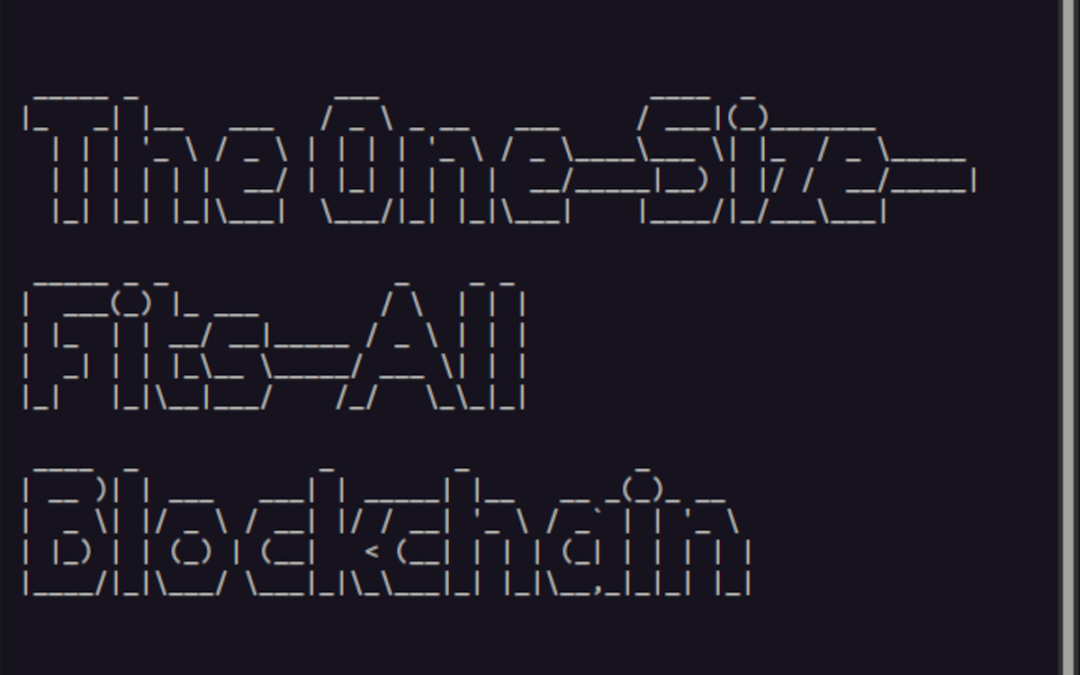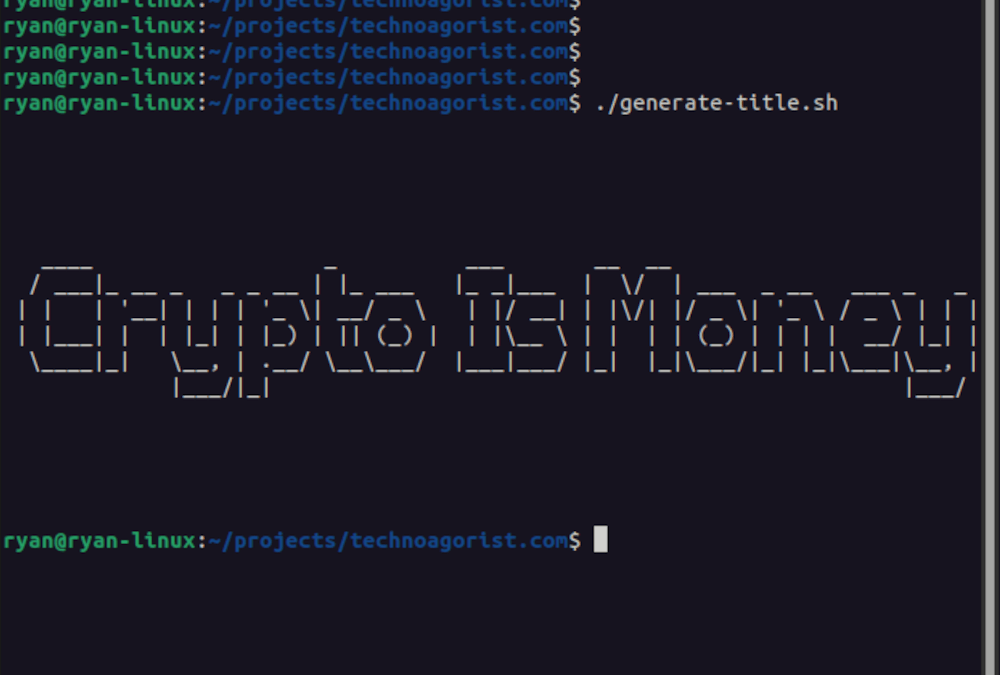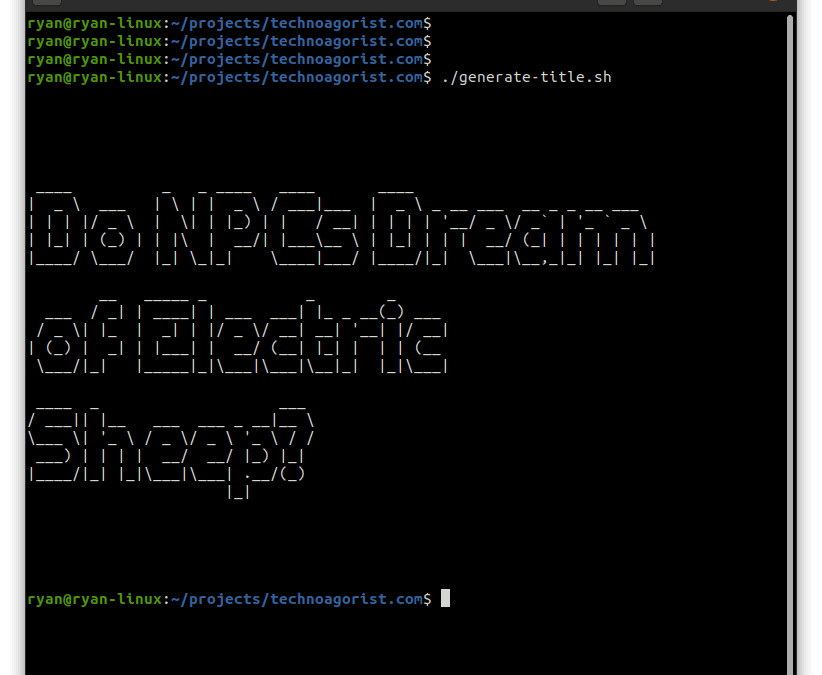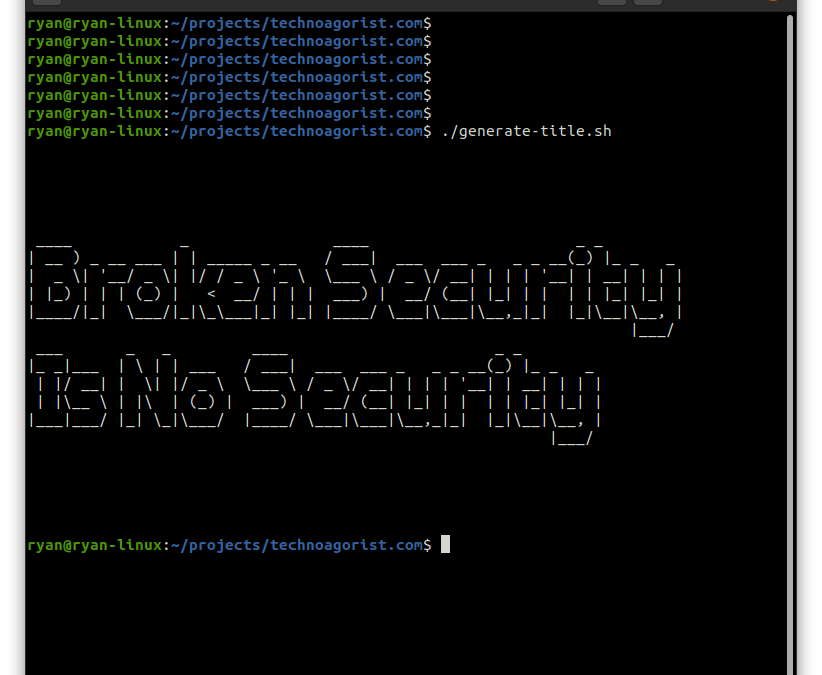Recently, I tuned into the LBRY Community Podcast and near the end, they brought up a question that someone had asked about LBRY. This person wanted to know why it was not built on a privacy coin like Monero. They implied that LBRY should move to a private chain like that. Now, apart from the obvious technical issues regarding such a request, this does bring up something that I often see when people discuss crypto. People love one-size-fits-all technology. They love to pick one favorite thing or company that does everything. They might be an Apple person who stupidly uses Apple for...

















